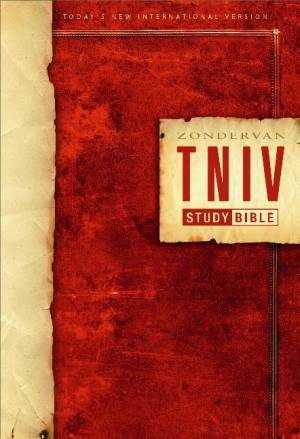“Jonathan lies slain on your high places.It isn’t unusual in our own day and age to see people lamenting the loss of the masculine friendship. In a lot of ways it isn’t hard to see why: not only does our society seem to be exchanging real-world, face-to-face relationships for the online, impersonal, Facebook-style relationship, but increasingly there is pressure on men especially to become distant and independent from their peers. In more recent trends, biographers of famous figures search the journals of their subjects combing them over for homoerotic overtones or hints of impropriety in their masculine relationships. Modern men increasingly fear having their sexuality challenged in this way or being misunderstood by others. Increasingly, the path that many men (even godly upstanding men) choose is the path of least resistance: isolation, solitude, independence, and loneliness.
I am distressed for you, my brother Jonathan;
very pleasant have you been to me;
your love to me was extraordinary,
surpassing the love of women.
How the mighty have fallen,
and the weapons of war perished!” (2 Sam. 1:26-27).
Yet whenever I talk with other men about this problem, I sense that they do yearn for close friendships - that they don’t want to live in isolation. I have spoken with numerous men who, upon reading David’s lament for Jonathan in 2 Samuel 1, resonate deeply with David’s loss. David has not only lost King Saul, whom he loved and respected in spite of his horrendous failings, but he has also lost his best friend in all the world. As someone who moved several states to attend Seminary I have discovered that even in a place where so many around me have much in common, true friendships are hard to come by, and don’t just grow on trees. To lose a true friend is no small thing.
As many of us read of David’s loss we may feel an even deeper sorrow. We have experienced a loss of our own, in our day and age: in a sense we have lost the ability to know David’s loss. What David is speaking of may be so foreign to us that we are only able to experience David’s friendship and sorrow vicariously. We perhaps think, “I may never have such a friend, and I may never know such a loss, and yet it brings me comfort to think upon David himself baring his soul for those around him to hear.” We should be encouraged by David’s example that we should not choose the easy path of isolation in our personal relationships, but to do the hard work of spending time with other men and opening ourselves to the kind of godly, masculine relationship we see modeled for us here by David and Jonathan. Those who do know what it is to have a godly and intimate friendship with another man should thank God that he experiences such a gift. Whatever our experience might be, there is a comfort in knowing that such an intimacy and closeness is possible between men who are friends and fellow sojourners in this difficult journey called life.
















